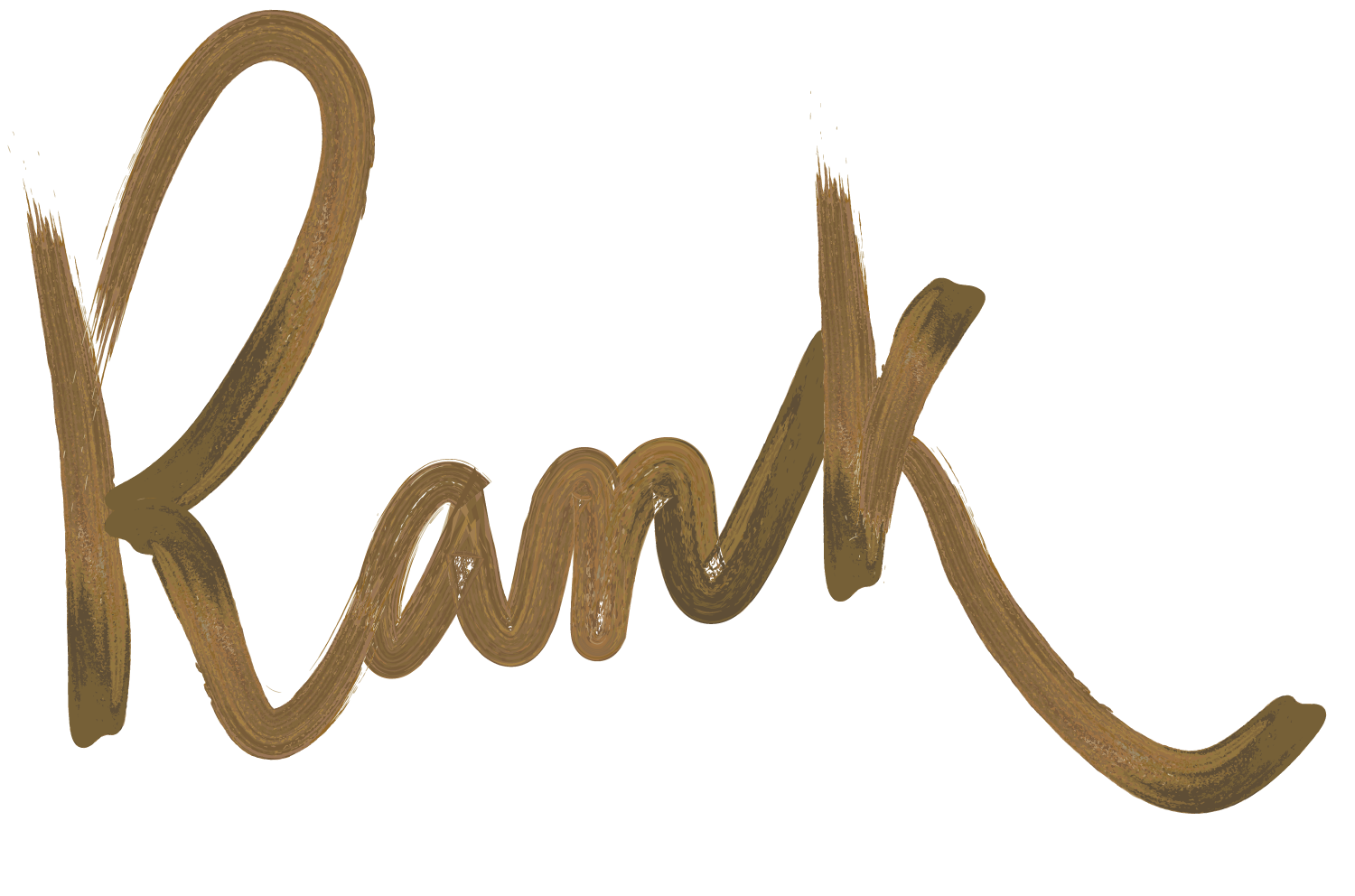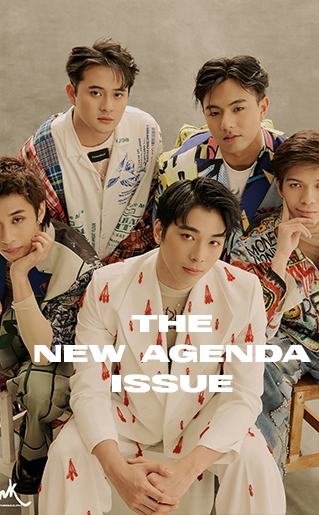As I watched Amanda Gorman recite her poem “The Hill We Climb” on Joe Biden’s inauguration day, there were a number of things going through my mind.
One, this is a historic win for the United States of America with a new President who promises to correct the errors of his predecessors. Two, the young woman moving mountains up at the pedestal is the first-ever recipient of the National Youth Poet Laureate–a title given to young artists committed to social justice and advocacy. Three, it is not lost on me that she is an African-American woman, descended from slaves and raised by a single mother, standing proud with all of the world’s eyes on her mere months after the incredible Black Lives Matter movement that shed some much-needed light on continuing injustices and racism against her kin. And four, this looks and sounds like exactly the hope and promise we need in our own country.
Gorman spoke of purpose over division, light amid blinding darkness, and a call for assertion, commitment and mercy. All of which are matters that are not foreign to us, if not the very promises we cling on to as we continue to traverse in modern day Philippines full of hate, injustice, and wanting.
We are all aware of the many challenges we as Filipinos face, from an individual standpoint, to grave national concerns. In a time of so much fear, forces from all sides have come in to rip the fabric of our society apart, and we are left in shambles trying to piece together a semblance of what was, and what should be. All the while, lost in how the two must come together in the now.
Of course, Gorman’s whole piece is a clear message of a new day in America, with a people devoted to ensuring every single person in its land is accounted for, and given full rights. But its entirety can also be something we Filipinos could sow inspiration from. In fact, there are a number of lines that are incredibly relevant in our own cultural landscape in the Philippines that begs to be highlighted and underlined throughout the piece. Words so powerful, they might just resonate with our own people to take back our rights, land, and identity as a Filipino community.
Quiet isn’t always peace.
Contrary to a belief that’s growing more and more popular by the day, silence does not automatically mean peace. In fact, silence in the name of injustice, failing to seek accountability, and hiding behind secrecy is anything but. This is particularly important for us to remember in this side of the world, as numerous incidents have happened in recent years that push for silence. Masking it with blind cooperation and unquestionable loyalty. Let this be a reminder for us to resist fear in silence, and use our voice to amplify matters that demand more attention.
Somehow we’ve weathered and witnessed
a nation that isn’t broken,
but simply unfinished.
As people say, there is hope in life. No matter how much we think our society is beyond repair or correction, Gorman pushes a message that a nation is never broken, just unfinished. And while we fight, while we voice out our opinions, and while we strive for more, Filipinos should never lose heart. Because hey, if America can go through everything they did under the Trump administration, there’s no reason for us to lay defeated in front of threats within and without our borders.
And so we lift our gazes not to what stands between us,
but what stands before us.
The Philippines is composed of over seven thousand islands, with people divided by more than just land and sea. Recent issues have shown us just how far wounds from these differences go, and it’s time we realize that our fate as a nation can only be resolved by looking past these differences, and working together. That only by not focusing on our different beliefs, and ideologies can we move forward without leaving anyone behind.
That even as we grieved, we grew,
that even as we hurt, we hoped,
that even as we tired, we tried,
that we’ll forever be tied together, victorious.
This is a beautiful excerpt that begs us to reflect on the small wins we’ve gathered amid all our trials and tribulations. That no matter what has hit us in the past couple of years, we’ve endured and we’ve fought our way through it. Perhaps that ties a deeper bond than we realize.
So while once we asked,
how could we possibly prevail over catastrophe?
Now we assert,
How could catastrophe possibly prevail over us?
A confidence we, ourselves, need in a time of such hopelessness. This strength in resolve can only be manifested if we truly commit to having an “us” composed of every Filipino who is eager to fight against all catastrophes.
If we merge mercy with might,
and might with right,
then love becomes our legacy,
and change our children’s birthright.
Mercy with might. Might with right. Perhaps that’s the key to true order and peace. Not ruthless violence, and not a rigid understanding of the law. But mercy, kindness, and love. Words that aren’t always used when big personalities abuse their power over the less privileged. We’ve seen too many examples of that throughout the years, and even just in the past few months. Hopefully this recipe or formula for love in society could rekindle our old trust with one another, and our innate call to take care of each other as one race.
Because at the very core of it, our very problems in society could be changed with a snap if all of us just made the conscious decision to choose mercy, kindness, and love in everything we do, and everyone we encounter. Perhaps that is how we find the light out of this long winding tunnel. It’s a cliché, but it doesn’t make it any less true. We all have the capacity to change the course of history, or the fate of humanity. If only we’re brave enough to accept its responsibility.
For there is always light,
if only we’re brave enough to see it.
If only we’re brave enough to be it.
Listen to Amanda Gorman’s full poem below:


